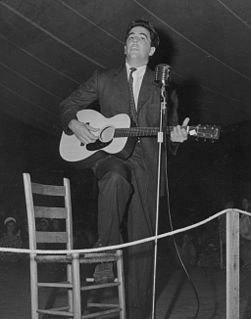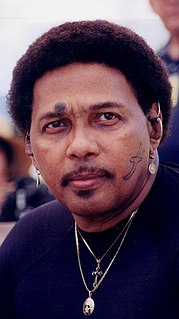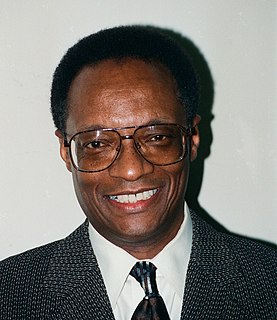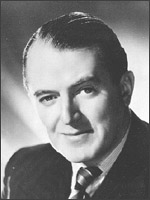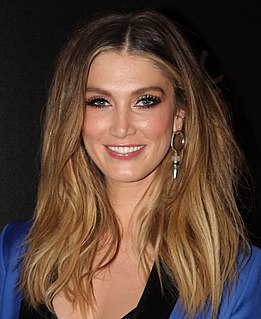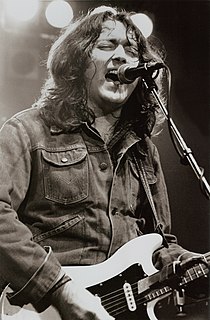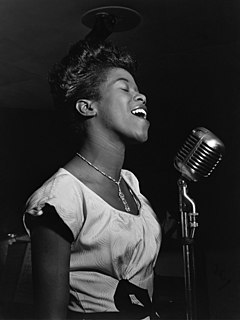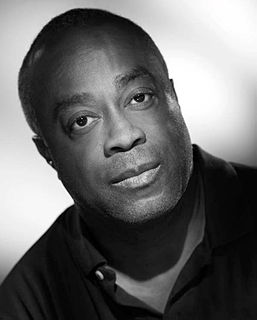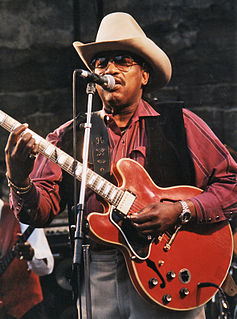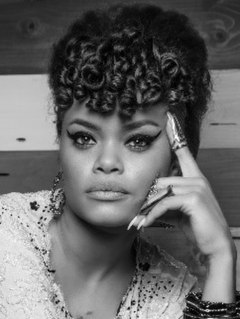A Quote by Alan Lomax
People were saying that Southern folk song was dead, that the land that had produced American jazz, the blues, the spirituals, the mountain ballads and the work songs had gone sterile.
Related Quotes
In the United States, many people said you can't have folk music in the United States because you don't have any peasant class. But the funny thing was, there were literally thousands, tens of thousands, hundreds of thousands of people who loved old time fiddling, ballads, banjo tunes, blues played on the guitar, spirituals and gospel hymns. These songs and music didn't fit into any neat category of art music nor popular music nor jazz. So gradually they said well let's call it folk music.
I remember the first time I was booked into a jazz club. I was scared to death. I'm not a jazz artist. So I got to the club and spotted this big poster saying, 'Richie Havens, folk jazz artist.' Then I'd go to a rock club and I'm billed as a 'folk rock performer' and in the blues clubs I'd be a 'folk blues entertainer.'
Everything comes from one thing, everything comes from the Spirit. Jazz would not exist had it not been for gospel music, the blues would not exist had it not been for spiritual blues, which goes back to slave songs our fore fathers were singing while they were out in the field. So it's all one continuous growth from one group of people. Of course jazz now is played by various cultures and colors around the world. But the stimulus is One Voice.
I was born in Philadelphia, Pennsylvania, and am a product of a family that were jazz aficionados and also very interested in progressive politics. And so I had a lot of artists and musicians in my home. Lots of Latin music, folk, and jazz and blues, bluegrass-type of stuff. Painters and stuff like that.
The first songs I learned were 'It Takes a Worried Man' and Woody Guthrie's 'Grand Coulee Dam,' 'Rock Island Line' - those kind of American folk songs that were probably on the edge of blues. After that was Eddie Cochran and Chuck Berry songs. And then I heard Muddy Waters, Jimmy Reed and Big Bill Broonzy on the radio.
I don't know why people call me a jazz singer, though I guess people associate me with jazz because I was raised in it, from way back. I'm not putting jazz down, but I'm not a jazz singer...I've recorded all kinds of music, but (to them) I'm either a jazz singer or a blues singer. I can't sing a blues – just a right-out blues – but I can put the blues in whatever I sing. I might sing 'Send In the Clowns' and I might stick a little bluesy part in it, or any song. What I want to do, music-wise, is all kinds of music that I like, and I like all kinds of music.
Coming from the South and growing up in L.A. where it was so segregated - worse than the South in many ways - all the people in my neighborhood were from the South. So you had that Southern cultured environment. The church was very important. And there were these folk ways that were there. I was always fascinated by these Southern stories, people would share these mystified experiences of the South. I wanted to talk about folklore.
That's why I loved Dinah Washington. She sung jazz, but they called her the Queen of the Blues. She had the control and sophistication of jazz in her note selection and how to attack a song or certain lines, but then attacked it with a painful force of blues behind it. That's why I admired her so much, because of that versatility.
